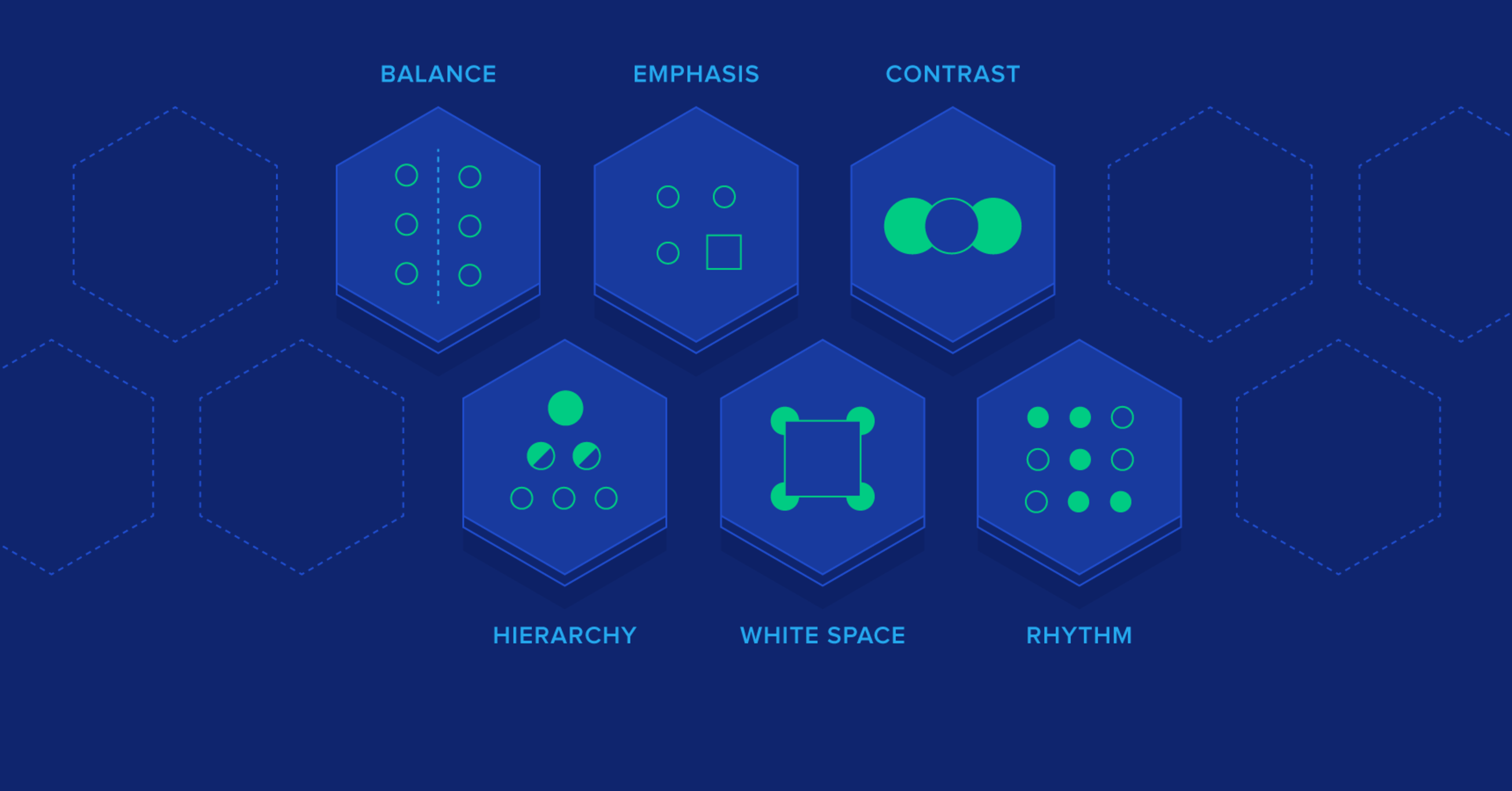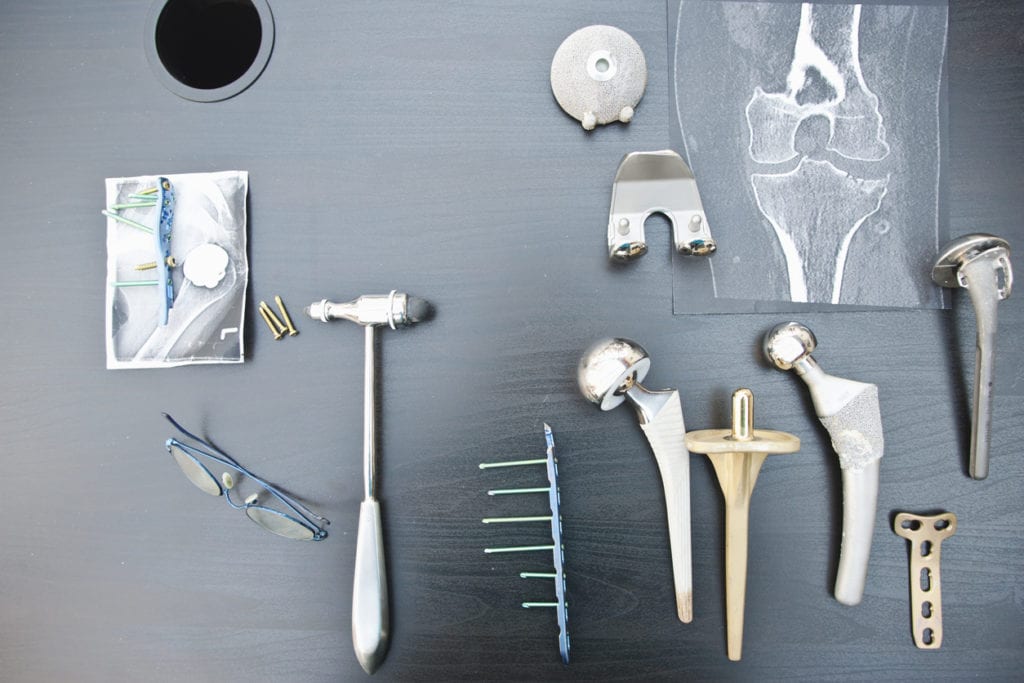If you or a loved one is facing mental health challenges or addiction, you may have come across the term Partial Hospitalization Program (PHP). But what does that really mean? How does it work, and what happens during a typical day?
In this blog, we’ll walk you through what to expect from a Partial Hospitalization Program, how it can help, and why it may be the right next step for your recovery journey.
What Is a Partial Hospitalization Program?
A Partial Hospitalization Program is a structured, intensive form of treatment that offers care during the day but allows you to go home at night. It’s more involved than traditional outpatient therapy but not as restrictive as full-time inpatient treatment.
Whether you’re recovering from a crisis, stepping down from inpatient care, or need extra support for mental health or substance use, PHP might be the perfect in-between solution.
You might attend a PHP five to six days a week, for several hours each day. This approach provides strong therapeutic support while still giving you the freedom to sleep in your own bed and maintain some aspects of daily life.
Who Can Benefit from a PHP?
Partial Hospitalization is designed for people who need more than weekly therapy but don’t require 24/7 care. It’s a great option if you’re:
- Managing anxiety, depression, PTSD, or bipolar disorder
- Recovering from substance or alcohol use
- Transitioning out of a hospital or inpatient facility
- Struggling to cope with daily stress or life events
It’s also often recommended as part of php drug rehab programs, where structured therapy and medical supervision are needed during early recovery.
What Does a Day in a Partial Hospitalization Program Look Like?
Every PHP varies slightly depending on the treatment center, but most follow a similar daily routine. Here’s what a typical day might look like:
Morning Check-In
Your day usually begins with a group check-in. This is a time to share how you’re feeling, set daily intentions, and identify any challenges you’re facing. The staff will also do a quick review of your mood, medications, and overall mental state.
This daily routine helps track your progress and adjust your care plan in real-time.
Group Therapy
A big part of PHP is group therapy. These sessions are led by licensed therapists and allow you to explore important topics with others who understand what you’re going through.
Common topics include:
- Coping with cravings and triggers
- Managing stress and anxiety
- Practicing mindfulness
- Building healthy relationships
- Setting boundaries
You’ll likely find that hearing others’ stories and sharing your own experiences helps you feel less alone.
Individual Therapy
In addition to group sessions, you’ll meet one-on-one with a therapist regularly. These sessions focus on your personal goals and challenges, and they give you space to work through deeper issues privately.
In php treatment programs, this individualised support is a crucial part of long-term recovery.
Psychiatric Support
Mental health often involves a combination of therapy and medication. During PHP, you’ll have access to a psychiatrist who can diagnose conditions, manage medications, and adjust treatment based on your symptoms.
This ensures you receive well-rounded, clinical care that targets both emotional and chemical imbalances.
Life Skills & Educational Workshops
Many Partial Hospitalization Programs include classes that teach real-life coping tools. These might cover:
- Stress management techniques
- Communication skills
- Financial literacy
- Nutrition and healthy habits
- Career and job-readiness training
These workshops aim to prepare you for life after treatment, helping you become more confident and self-sufficient.
Lunch and Breaks
While the days are structured, you’ll also get time to rest and recharge. Most PHPs offer a lunch break and short breaks between sessions. You might have time to relax outdoors, journal, or enjoy quiet activities.
This balance of intensity and rest is designed to support healing without overwhelm.
End-of-Day Wrap-Up
At the end of each day, you’ll have a wrap-up session to reflect on what you’ve learned, talk about how the day went, and make a plan for your evening at home. This session helps reinforce new habits and gives you something positive to focus on until the next day.
How Long Does a PHP Last?
The length of a Partial Hospitalization Program can vary depending on your needs, but most last 2 to 6 weeks. You might attend:
- 5 to 6 days per week
- 4 to 6 hours per day
The exact schedule depends on your condition, how you’re progressing, and what your doctor or therapist recommends.
Some people complete PHP and transition to an Intensive Outpatient Program (IOP). Others might return to work, school, or regular outpatient therapy after completing their PHP.
What to Look for in a PHP
Choosing the right php rehab New Jersey or elsewhere is important. Here are a few things to consider:
Qualified Staff: Make sure the center has licensed therapists, psychiatrists, and medical professionals.
Specialised Care: Some PHPs focus on addiction recovery, while others specialise in trauma, eating disorders, or mood disorders.
Flexible Schedules: Ask about timing and whether they offer evening options or virtual support.
Insurance Coverage: Check if your insurance plan covers the program and what out-of-pocket costs you might expect.
Aftercare Planning: Good programs will help you plan what comes next—so you’re supported even after PHP ends.
If you’re in the Northeast, you might want to explore php rehab New Jersey options known for combining quality care with access to local support groups and community services.
Life After a Partial Hospitalization Program
Completing a PHP doesn’t mean you’re done healing—it means you’re ready for the next step.
After PHP, most people:
- Join Intensive Outpatient Programs for continued support
- Meet regularly with individual or family therapists
- Attend support groups like AA, NA, or local mental health meetups
- Work with case managers to rebuild careers, routines, and relationships
A good PHP includes a discharge plan tailored to your goals, making sure your journey continues smoothly after treatment ends.
In Closing: Why Choose a Partial Hospitalization Program?
If you’re feeling overwhelmed by life, struggling with addiction, or navigating mental health challenges, Partial Hospitalization Programs offer a powerful, practical path forward.
They combine therapy, medical care, and life coaching in a safe, structured environment—while letting you stay connected to home, family, or work.
Whether you’re exploring php drug rehab or seeking help for depression or anxiety, remember: asking for help is a sign of strength. You don’t have to do this alone, and with the right support, recovery is possible.






